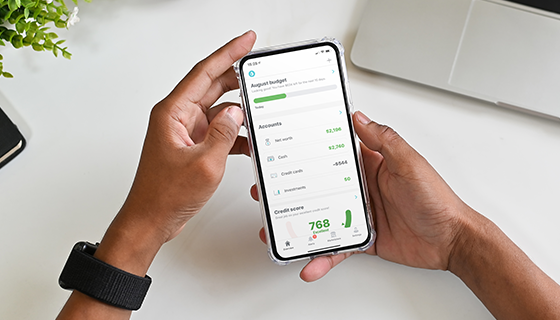10 Smart Ways to Save Money Every Month

In today’s fast-paced world, managing money wisely has become more essential than ever. With inflation rising and expenses increasing, individuals and families alike are looking for practical ways to cut costs and boost their savings. Saving money each month doesn’t always require drastic sacrifices; rather, it often comes down to consistent habits and smarter decision-making. Here are ten smart and realistic strategies that anyone can implement to save money every month without compromising on quality of life.
1. Create and Stick to a Monthly Budget
The cornerstone of financial success begins with a well-structured budget. Start by tracking your income and listing all monthly expenses, including rent, groceries, transportation, entertainment, and debt payments. Once you have a clear picture, set spending limits for each category. This not only helps avoid overspending but also highlights areas where cuts can be made. Digital tools and apps like Mint or YNAB (You Need A Budget) can help automate this process and keep you accountable.
2. Cut Down on Unnecessary Subscriptions
In the age of streaming and digital services, it’s easy to accumulate subscriptions you rarely use. Whether it’s a video streaming service, a magazine subscription, or a fitness app, reevaluate their necessity. Consider cancelling those you can live without or switching to free alternatives. Even small savings from multiple services can add up significantly over time.
3. Cook at Home More Often
Dining out or ordering takeout frequently can be a major drain on your finances. Cooking meals at home not only saves money but also allows for healthier food choices. Planning meals in advance, preparing larger batches, and utilizing leftovers can further reduce food costs. A grocery list based on planned meals helps minimize impulse buys and food waste.
4. Buy in Bulk and Shop Smart
Purchasing non-perishable goods in bulk can lead to major savings over time. Items like rice, pasta, toiletries, and cleaning supplies often cost less per unit when bought in larger quantities. Additionally, shopping during sales, using coupons, and taking advantage of cashback apps like Rakuten or CashKaro can stretch your money further. Comparing prices between stores or shopping online can also yield better deals.
5. Limit Credit Card Use and Avoid Interest Charges
While credit cards offer convenience and sometimes rewards, excessive use can lead to mounting debt and interest payments. Aim to pay off your credit card balances in full each month to avoid interest. If you're carrying balances, consider transferring them to a lower-interest card or a 0% APR promotional card to reduce financial strain.
6. Automate Your Savings
One of the easiest ways to save consistently is to automate the process. Set up a direct deposit or standing instruction that moves a portion of your income into a separate savings or investment account as soon as you get paid. This "pay yourself first" approach ensures that saving becomes a priority and not an afterthought. Even small amounts, when saved regularly, can grow significantly over time.
7. Reduce Energy Consumption
Utility bills can silently eat into your monthly budget. Simple changes like turning off unused lights, unplugging electronics, using energy-efficient appliances, and setting thermostats wisely can lower electricity and gas bills. Investing in smart thermostats or LED lighting may involve upfront costs but often result in long-term savings.
8. Use Public Transportation or Carpool
If you live in an area with reliable public transport, using it instead of driving can reduce fuel, maintenance, and parking expenses. Alternatively, carpooling with coworkers or neighbors can help split travel costs. If working remotely is an option, even a few days a week of not commuting can result in meaningful savings.
9. Shop Secondhand or Wait Before Buying
Before purchasing new clothes, furniture, or electronics, consider checking secondhand stores, online marketplaces, or local community groups. Many lightly used items are available at a fraction of the original cost. Also, adopting a "30-day rule" — waiting 30 days before buying non-essential items — can curb impulsive spending and help determine if you truly need the item.
10. Review and Renegotiate Bills
Don’t assume your current service providers are giving you the best deal. Review your mobile, internet, insurance, and other recurring bills periodically. Call providers to inquire about better plans, discounts, or promotional rates. Loyalty doesn’t always pay in these industries, so being proactive and willing to switch can often unlock better deals.
Conclusion
Saving money every month doesn’t require earning more—it requires making smarter decisions with what you already have. By adopting these ten strategies, you can reduce wasteful spending, grow your savings, and create a more stable financial future. While not every tip will apply to every individual, even implementing a few can lead to noticeable improvements in your financial health. The key is consistency and a commitment to making financially conscious choices each day.
What's Your Reaction?
 Like
0
Like
0
 Dislike
0
Dislike
0
 Love
0
Love
0
 Funny
0
Funny
0
 Angry
0
Angry
0
 Sad
0
Sad
0
 Wow
0
Wow
0







:max_bytes(150000):strip_icc()/WhatIsVolumeofaStock-12741bcb2f4348b1a7b684ddc1a6e1d7.jpg)











